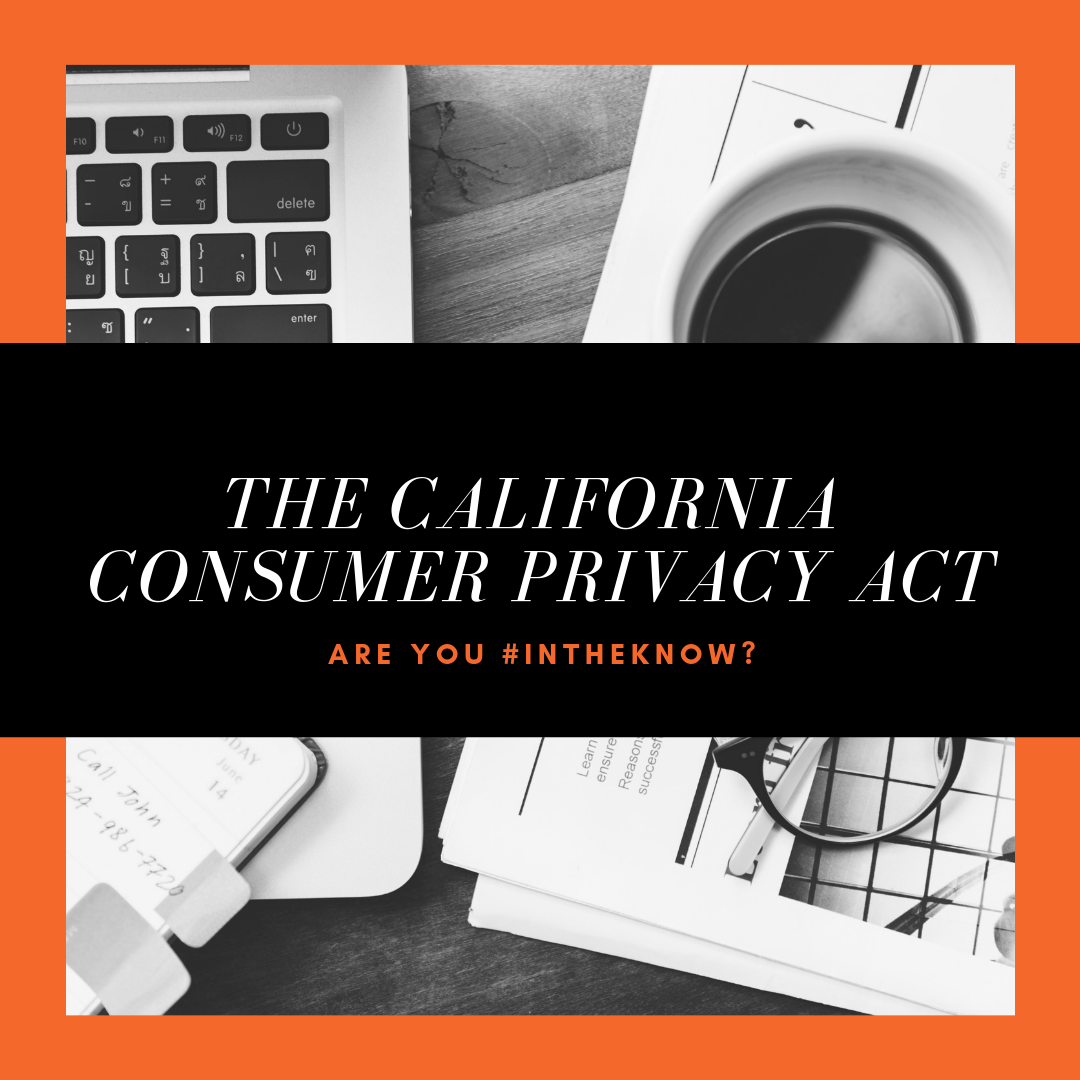|
Governor Jerry Brown signed the California Consumer Privacy Act (CCPA) last year in June 2018. Like the General Data Protection Regulation (GDPR), the privacy framework provided by the European Union (EU), the CCPA broadly increases the rights of those individuals who visit your website or download app, providing you with their personal information. It requires far more transparency about how you, as a business, collect, use, and disclose their personal information.
The deadline for all companies to comply is January 1, 2020. The cost of noncompliance can be high -- fines of up to $7,500 per violation. Furthermore, under the CCPA, consumers may bring private actions for statutory damages. We previously wrote about the GDPR here and here. For those of you wondering where the GDPR and CCPA overlap versus where they differ, we provide the following guidance on a few key differences below. Please note, this list is not exhaustive and you should consult an attorney to determine your compliance with both statutory frameworks.
As a result of the CCPA, companies will need to consider the following issues: (1) whether and how they inventory and sell the personal data of their website visitors and/or downloaders of their mobile app; (2) consumers’ rights to their data upon request, and their rights to opt out of having a company sell their data; and (3) whether companies’ agreements with third party vendors or service providers involve the transfer and/or processing of data in a manner that complies with the CCPA. To the extent that your startup is exempt from compliance with the CCPA (see No. 2), you may be impacted in so far as you have (partnership) agreements in place with BigTech companies. As BigTech will need to comply, your agreements and privacy practices may be implicated. Smith Shapourian Mignano PC is available to answer any questions or concerns you may have regarding the CCPA. This blog does not constitute solicitation or provision of legal advice, and does not establish an attorney-client relationship. This blog should not be used as a substitute for obtaining legal advice from an attorney licensed or authorized to practice in your jurisdiction. You should always consult a suitably qualified attorney regarding any specific legal problem or matter in a timely manner, as statutes of limitations may bar your claim. Comments are closed.
|
Archives
February 2023
Categories
All
|
© 2023 SSM Law PC. All Rights Reserved.
Privacy Policy
Terms of Use
Accessibility Statement
Attorney Advertising
Client Reviews & Testimonials

 RSS Feed
RSS Feed